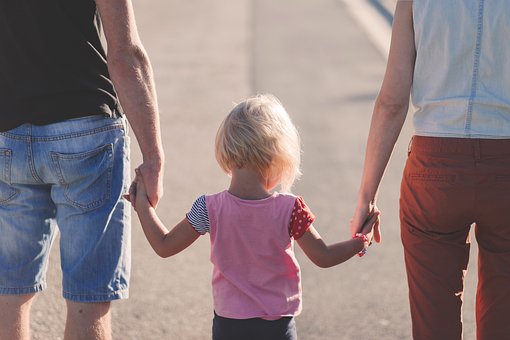Support networks can reduce risk of homelessness by 10%

Supporting children in care to build a positive network of adults they can rely on can reduce their risk of homelessness by 10%, a study suggests.
The study is the first rigorous independent evaluation of an intervention seeking to lower the instances of homelessness among young people leaving local authority care. It was conducted by researchers at the Policy Institute at King’s College London for the Centre for Homelessness Impact.
It looked at evidence of the impact of Lifelong Links, an approach in which a coordinator works with a child in care to identify people who are important to them, such as relatives, former foster carers or teachers. Adults who agree to do so are brought together with the child for a family group conference to produce a plan to support the child into adulthood, which becomes embedded in their care plan.
Lifelong Links was developed by the Family Rights Group, a charity, and began in 2017 as a three-year pilot in seven local authorities, funded by the Department for Education. It was extended to 12 local authorities in England and is also being trialled in Scotland. Currently, 32 local authorities in Britain offer a Lifelong Links service to children in care.
Researchers analysed a dataset that combines the number of people in a local authority assessed as at risk of homelessness in a given year and young people aged under 21 who left care in each area. The aged cut-off was chosen as Lifelong Links has only operated for three years.
One analysis found local authorities in which Lifelong Links was used had an average of 4.83 young people with experience of care at risk of homelessness, compared to an average of 6.23 where the standard or ‘business as usual’ approach operated: a reduction of 1.4 young people per area, or 22%.
Several methods of matching the data were applied, due to the complexity of the context and number of variables. A second analysis using data from a smaller number of local authorities found an average of 5.19 care-experienced young people at risk of homelessness, a reduction of 1 person per area.
Another analysis that looked at the impact of the Lifelong Links approach over time suggested a reduction of 0.4 care-experienced young people at risk of homelessness for each year the programme operates, compared to standard support.
When the analyses were combined, researchers found a 10% reduction in the risk of a young care leaver being assessed as at risk of homelessness in their most robust model.
The study is one of five impact evaluations of interventions that seek to reduce homelessness among young people leaving care carried out by King’s Policy Institute and the Centre for Homelessness Impact, which were funded by the UK Cabinet Office’s Evaluation Accelerator Fund. Full results of the studies will be published later this year.
Michael Sanders, professor of public policy at King’s and the leader author, said: “Previous research has shown that young people leaving care are more likely to experience adverse outcomes than their peers, with as many as a third of people experiencing homelessness having some care experience, and some 14% of care leavers sleeping rough. Our new study finds that Lifelong Links, an intervention part-funded by the Department for Education and led by the Family Rights Group, could be an important tool in preventing homelessness among young care leavers, reducing their risk by 10% according to our analysis.”
Cathy Ashley, chief executive at Family Rights Group, added: “This groundbreaking research demonstrates that Lifelong Links can successfully reduce the chances of a young person becoming homeless. It adds to a body of evidence that Lifelong Links can be transformative for children and young people in care, improving their mental health, stability and sense of identity.
“Young people leaving care are often alone and isolated, as their professional support network falls away. Unsurprisingly it also means they are more at risk of homelessness. Lifelong Links is designed to turn that around, so every child has meaningful relationships that they can depend upon in child and adulthood. That’s why Family Rights Group’s ambition is that Lifelong Links becomes a right for every child in care and care leaver.”








